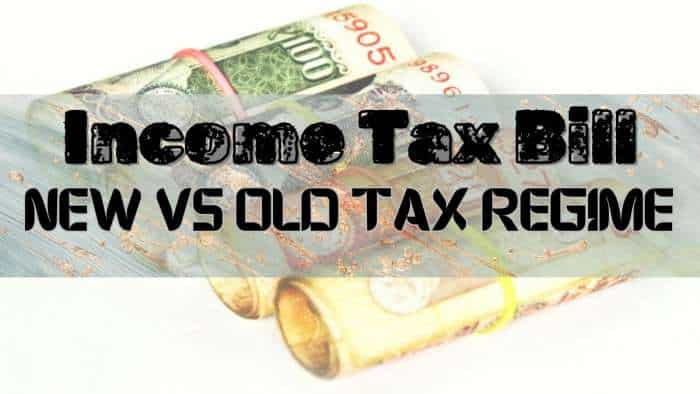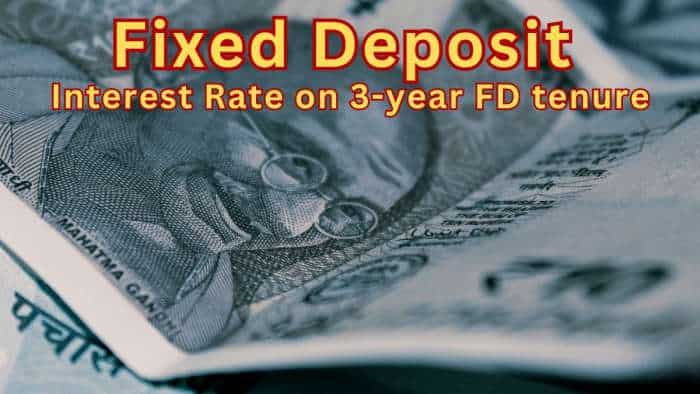Relief for start-ups in India; Rs 10 cr tax concession set to boost segment
This means that start-ups can seek out tax concessions under Section 56 of the I-T Act by applying for a merchant banker certificate from the Inter-Ministerial Board (IMB) that has been set up by the Department of Industrial Planning and Promotion (DIPP). According to Harsh Shah, co-founder of online fashion platform Fynd , this move will certainly boost support towards start-ups and will witness more activity from angel investors towards the sector

It’s time to be optimistic, albeit in moderation. Start-ups received a slight pat on the back when the government recently announced that they can avail full tax concessions on investments of up to Rs 10 crore that they have got from investors including angels. This means that start-ups can seek out tax concessions under Section 56 of the I-T Act by applying for a merchant banker certificate from the Inter-Ministerial Board (IMB) that has been set up by the Department of Industrial Planning and Promotion (DIPP). According to Harsh Shah, co-founder of online fashion platform Fynd, this move will certainly boost support towards start-ups and will witness more activity from angel investors towards the sector.
Angel investors come into play usually at the concept or incubation stage, at a time when the fledgeling venture is trying to find its initial customers and discover its business model. “Capital is a crucial part of the start-up journey and the earliest capital is the most important. Angel investors are rightly called angels because of the outsized part they play in creating a start-up and the ecosystem,” says Shah.
Angels are taking the highest level of risk by supporting an idea at a stage to help make the start-up ready for seeking further investments from VCs, says Sunil Goyal, MD of YourNest, an early stage fund house. “Angels make their investments from a tax paid earnings/capital. The angel tax implied further income tax as and when a start-up received funds at a premium valuation. This exemption on angel tax for any investment in a start-up up to Rs 10 crore shall save the start-up from unnecessary scrutiny and paperwork to justify the premium received in the issuance of securities,” says Goyal, adding that start-ups shall be able to freely raise risk capital from angels without the fear of angel tax.
Apoorv Ranjan Sharma, founder and president of Venture Catalysts, an integrated incubator, says this tax relief will allow more and more start-ups to grow as funding challenges will be reduced significantly. “The ecosystem will become stronger as qualifying investors are identified and investments follow a well-defined process and timeline.”
However, the approach start-ups and stakeholders are adopting is one of ‘cautious optimism’ since it is very early to jump to solid conclusions on the tax relief measure.
Says Varun Gupta, CEO of omnichannel travel tech company Goomo, “We will have to wait and see if the process defined to get approval for tax exemption works seamlessly and is easy to apply.”
According to Sharma, there are a slew of compliances and associated costs which a start-up will need to consider while applying for the tax exemption.
Actually, to encourage investments by angels, says Goyal, “the individuals should be extended tax benefits. Any long-term capital gains if re-invested in select Bonds under Sec 54 EC and held for five years get the complete exemption from the long-term capital gain (LTCG) tax. Moreover, if any resident Indian invests their LTCG in any DIPP approved start-up and holds the investment for five years should be exempted too.”
But for the ecosystem to thrive in the long run, receiving capital from investors at the right time from the right kind of investors is equally important for a start-up to scale, feels Sharma. “Initial hand-holding, like assistance in business-planning and strategising, along with right investment is important. Investors are like mentors, they create efficiency in the start-up, which helps to create goodwill that attracts more investments. With smart planning from investors, start-ups can earn the maximum profit and create better market value.”
(By Priyanka Golikeri, DNA Money)
Get Latest Business News, Stock Market Updates and Videos; Check your tax outgo through Income Tax Calculator and save money through our Personal Finance coverage. Check Business Breaking News Live on Zee Business Twitter and Facebook. Subscribe on YouTube.
RECOMMENDED STORIES

Dearness Allowance (DA) Calculations: Is your basic monthly salary Rs 25,500, Rs 35,400, or Rs 53,100? Know how much DA will you get at different rates

Power of Compounding: How long it will take to build Rs 8 crore corpus with Rs 7,000, Rs 11,000 and Rs 16,000 monthly investments

Income Tax Calculations: What will be your tax liability if your salary is Rs 8 lakh, Rs 14 lakh, Rs 20 lakh, and Rs 26 lakh?

Monthly Pension Calculations: Is your basic pension Rs 25,000, Rs 35,000, or Rs 50,000? Know what can be your total pension as per latest DR rates

Fixed Deposit Rates for 1 Lakh Investment: Compare SBI, PNB, HDFC, ICICI, and Post Office 3-year FD returns
10:50 AM IST









